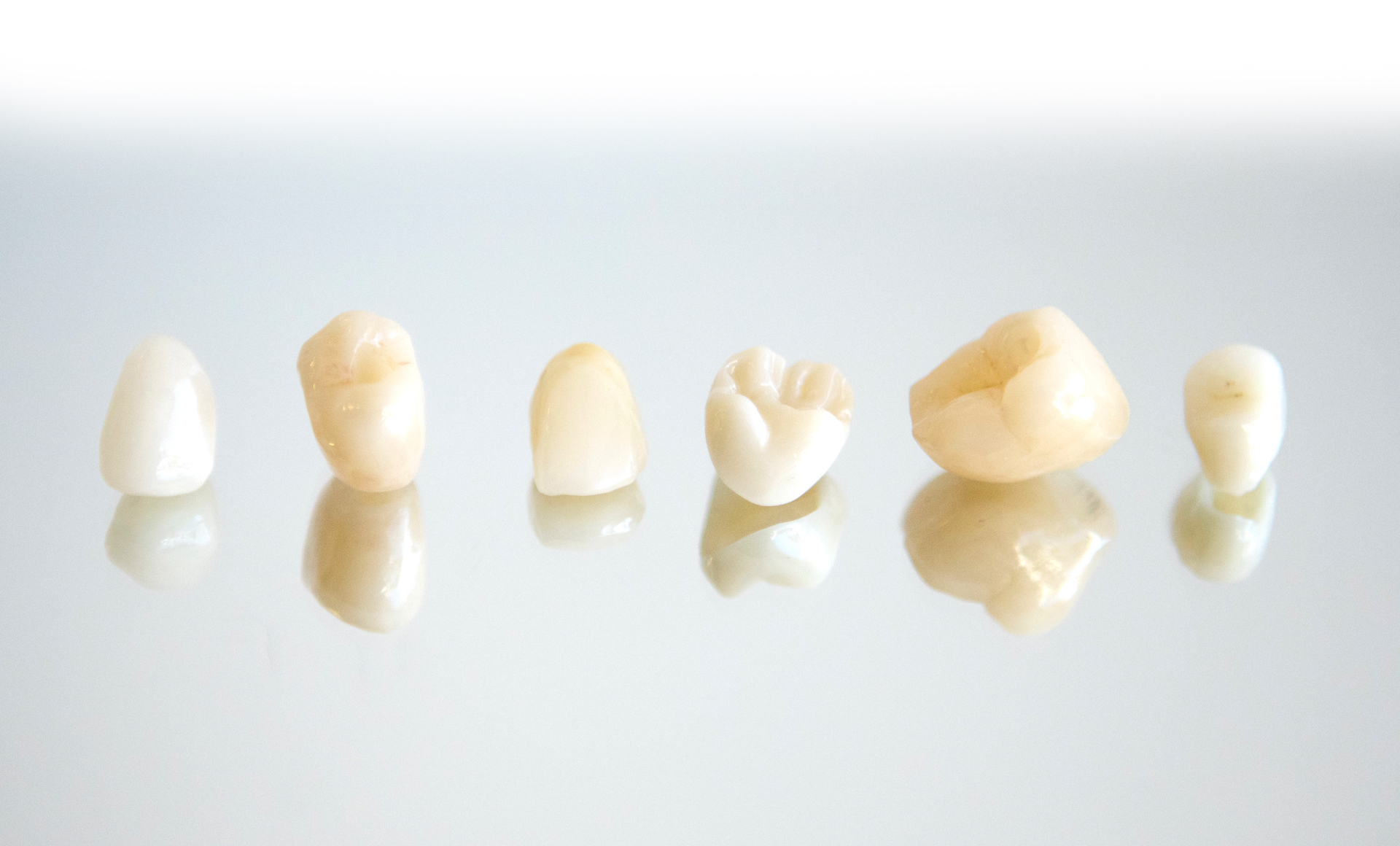
An all-ceramic crown is made without a metal base. This type of restoration has a long history of use in dentistry. However, these crowns could become brittle and easily damaged because they contained only ceramic materials. Today, technological advances have yielded ceramic crowns far superior to their predecessors. Of these new materials, the most prevalent are Zirconia and E-Max. Zirconia crowns must be produced with computer-aided design and digital milling. There are several types of Zirconia materials, and they can vary in strength. E-Max crowns can be a milled or a hybrid design and are long-studied dental material, and has a proven track record of strength and durability. E-Max provides an excellent aesthetic result but can only be used on short bridges.
All-ceramic crown materials may not be suitable for every case. Each patient brings specific needs and parameters for fit, strength, and aesthetics. At Obeid Dental, each of our ceramic crowns is fabricated in our state-of-the-art, in-house laboratory by our master dental technician. With Dr. Obeid’s expertise and our in-house dental technician’s talent, we can make any crown and select the best option for the particular case. There is no one size fits all option.
Conventional crowns are also known as ‘porcelain fused to metal crowns’. The metal typically used is often a nickel-based alloy, which can result in an inferior product.
At Obeid Dental we only use High Nobel or Nobel alloys to ensure the best durability and biocompatibility for the finished crown.
There are still many indications for the porcelain fused to metal crowns and they have a long history as a dental restoration. With Dr. Obeid‘s expertise and the talent of our in- house dental technician, we ensure that a conventional crown is as stunning as any other restoration that is fabricated at Obeid Dental. At Obeid Dental we take pride in delivering very customized treatment. We understand that each patient has a unique dental history and deserves individualized consideration for the best outcome.
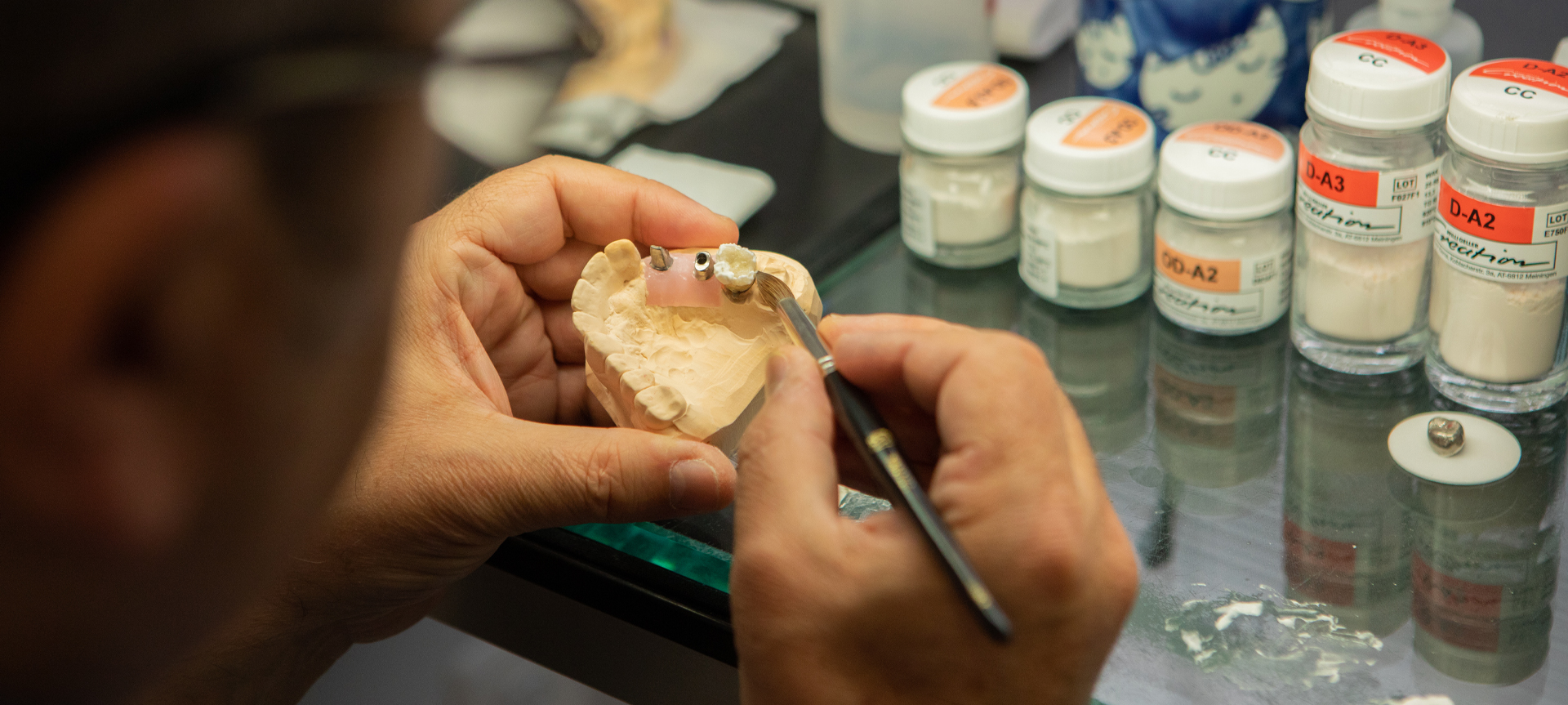
In general, the term ‘crown’ means a full coverage restoration. The roots of your tooth remain intact as well as some tooth structure above the gumline. The finished restoration is cemented to this remaining tooth structure, encircling the tooth a full 360 degrees.
Crowns usually require two appointments.
The first is to prepare the affected tooth, make an impression and place a temporary crown. The second appointment is then needed to cement and deliver the crown. The extent of tooth preparation will depend on the extent of damage to the tooth and the type of crown material. In some cases a ‘core build up’ is needed. This ensures that the final restoration will be have the necessary surface area for full adhesion. After tooth preparation, a digital impression is made so that the restoration can be fabricated to fit the remaining tooth. This can be either an all ceramic crown or a conventional crown. Before leaving the office, the patient is fitted with a temporary crown. The crown is then fabricated by our in-house laboratory and cemented at the second visit.
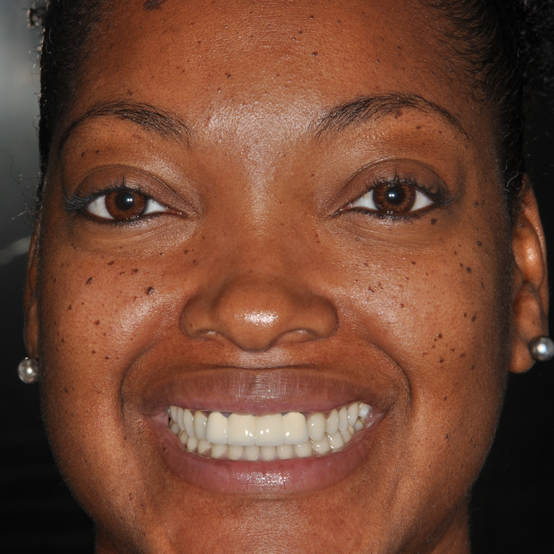

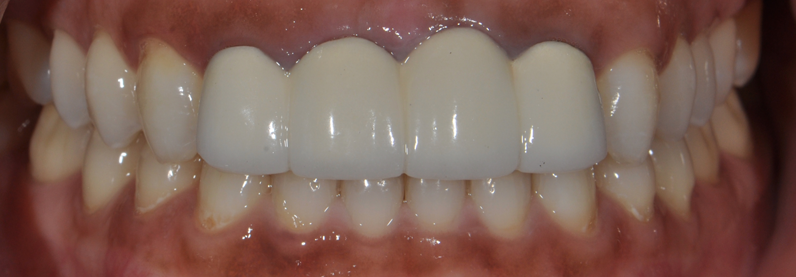
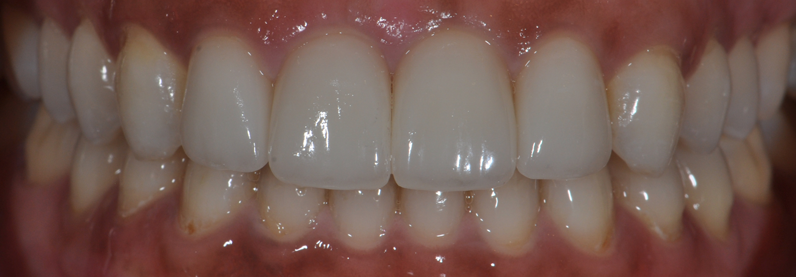
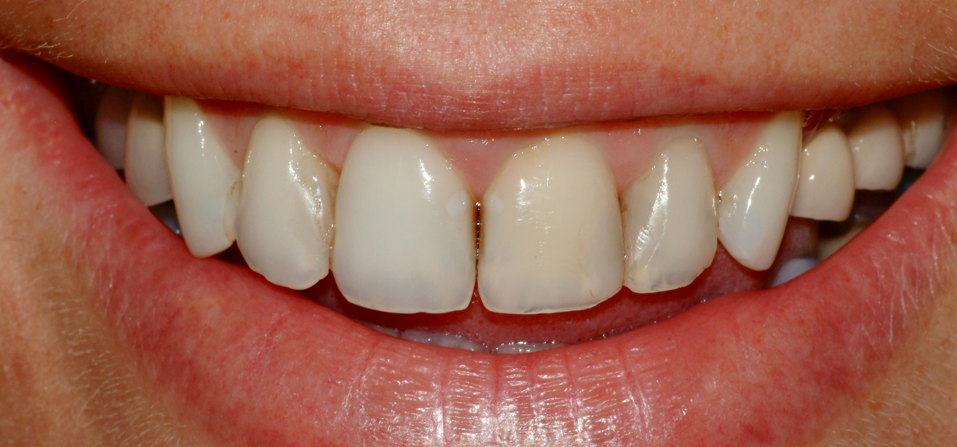
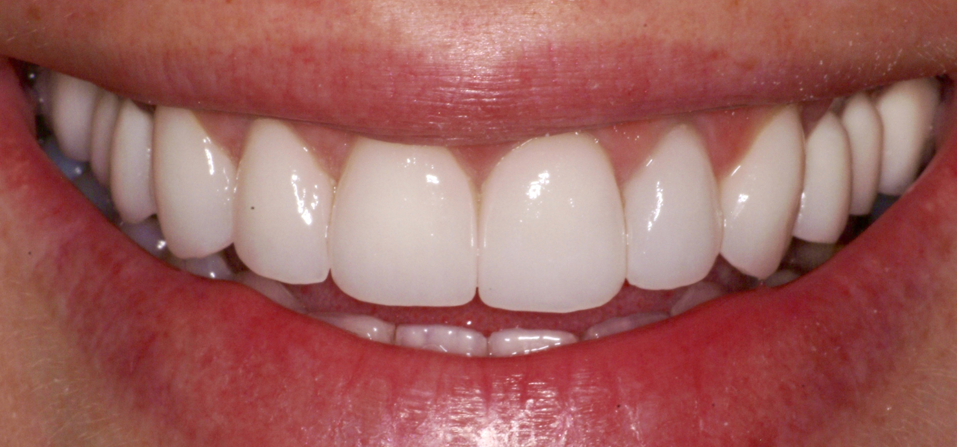
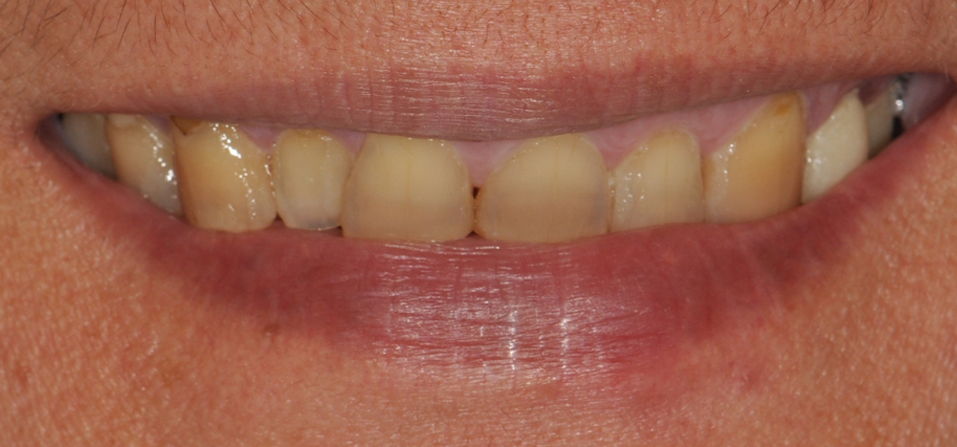
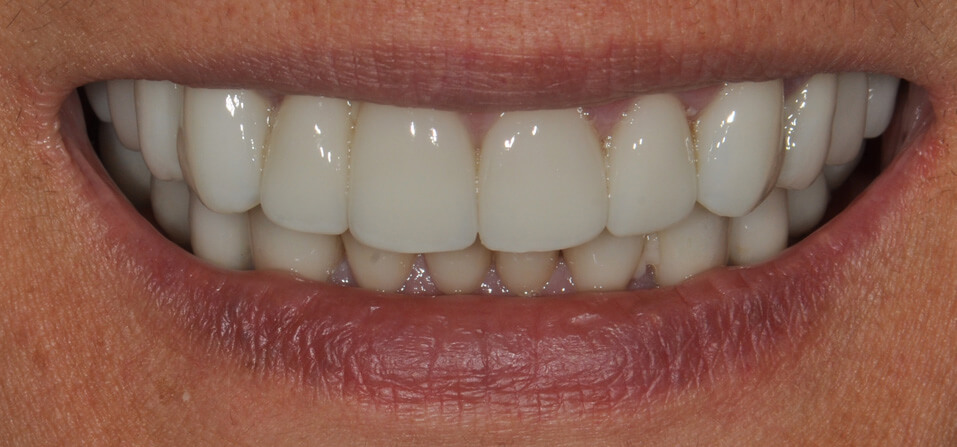
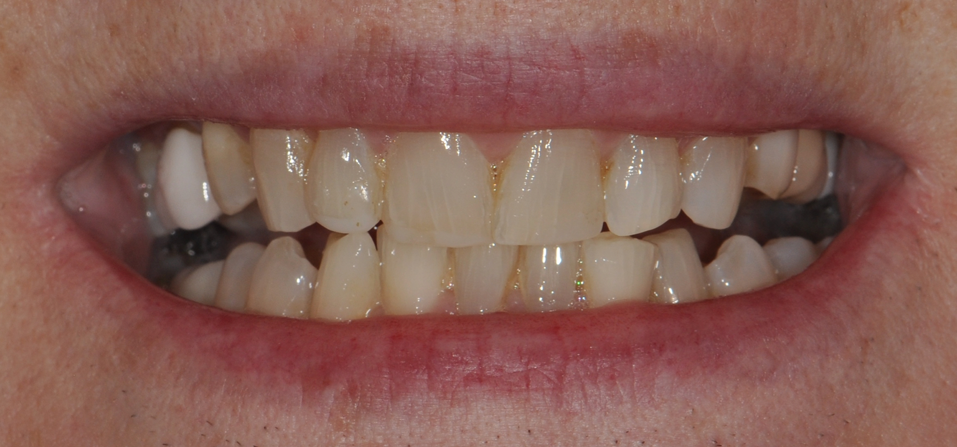
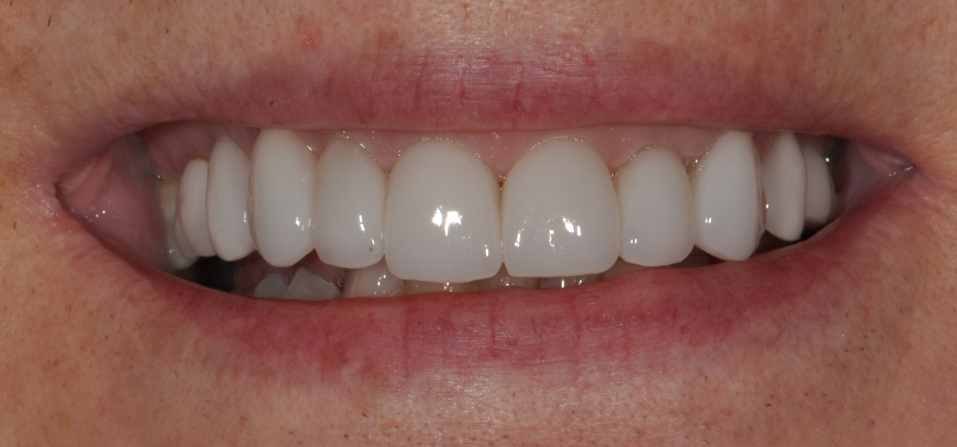
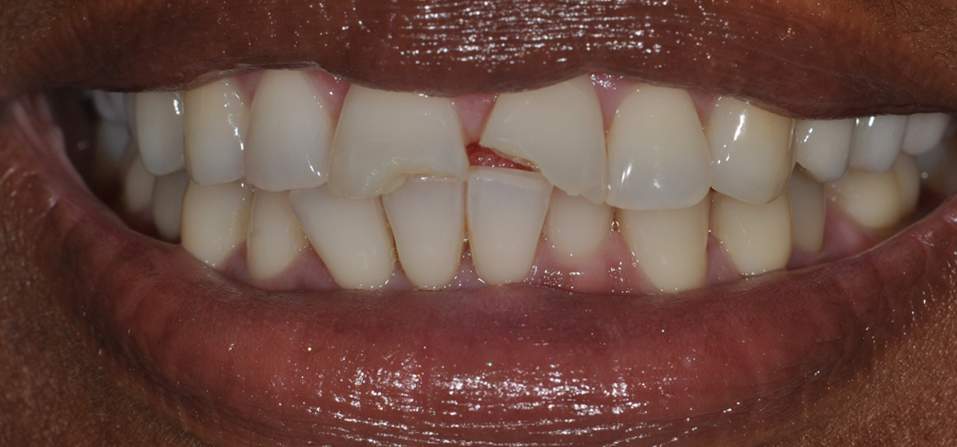
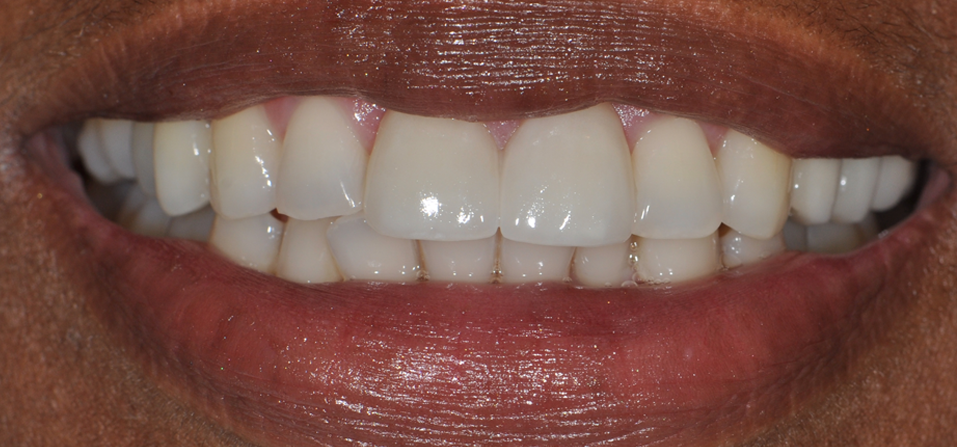
Treating trauma or fracture front teeth with two all
ceramic crowns
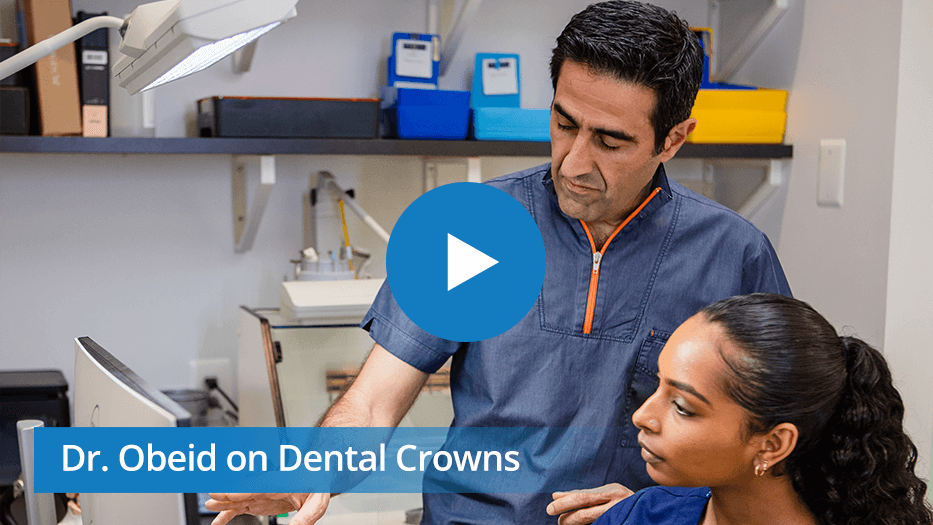


There are many reasons a patient may require a crown. The most common include:
Not all damaged teeth require a crown. In some cases, a crown is an aggressive form of
treatment. In these cases, a more conservative approach such as an Inlay or Onlay, which
do not require removal of healthy tooth structure may be possible. Dr. Obeid will review
and explain all the alternatives that are available during your treatment planning.
A temporary, fixed crown that maintains visual aesthetics will be fitted into the space at the
conclusion of the initial crown prep visit.
The longevity of a crown depends on several factors:
At some point, all crowns will need to be replaced.
Obeid Dental
Tel: 301-652-9505
Fax: 301-652-9508
Servicing Washington DC Area
Montgomery County MD
Northern Virginia
Copyright © 2024 – Obeiddental – All Rights Reserved | Privacy Policy